A reflection on my fellowship experience.
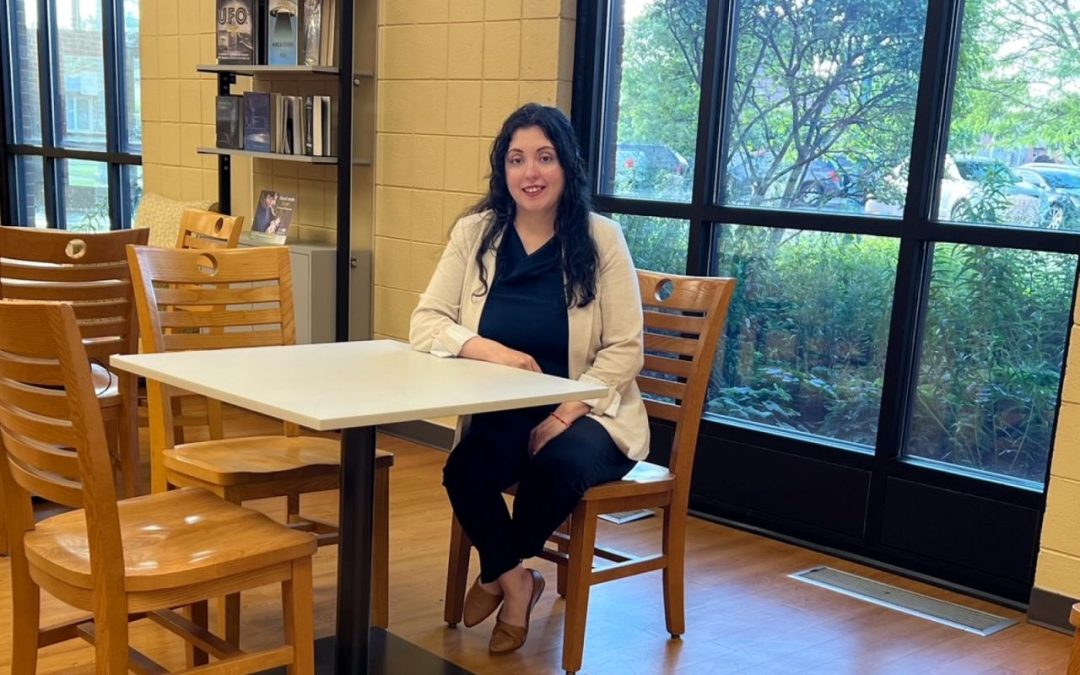

A reflection on my fellowship experience.

States are using MPAs to address older adult behavioral health.

A survey of various states’ data-collection initiatives, outcomes, and opportunities.

The intersection of eldercare improvement and performance measurement will be a fertile arena for research, including how best to develop and present the metrics and which improvement activities work well.

The crucial role of health policy research in disseminating the successful Hospital at Home program.

How to adopt a culture of evaluation to better design and deliver programs.

Why we need more research on what kind of dementia care works, how, and for whom, to make a difference in the real-world.

Two experts on why applied research could mean a much better way to age.
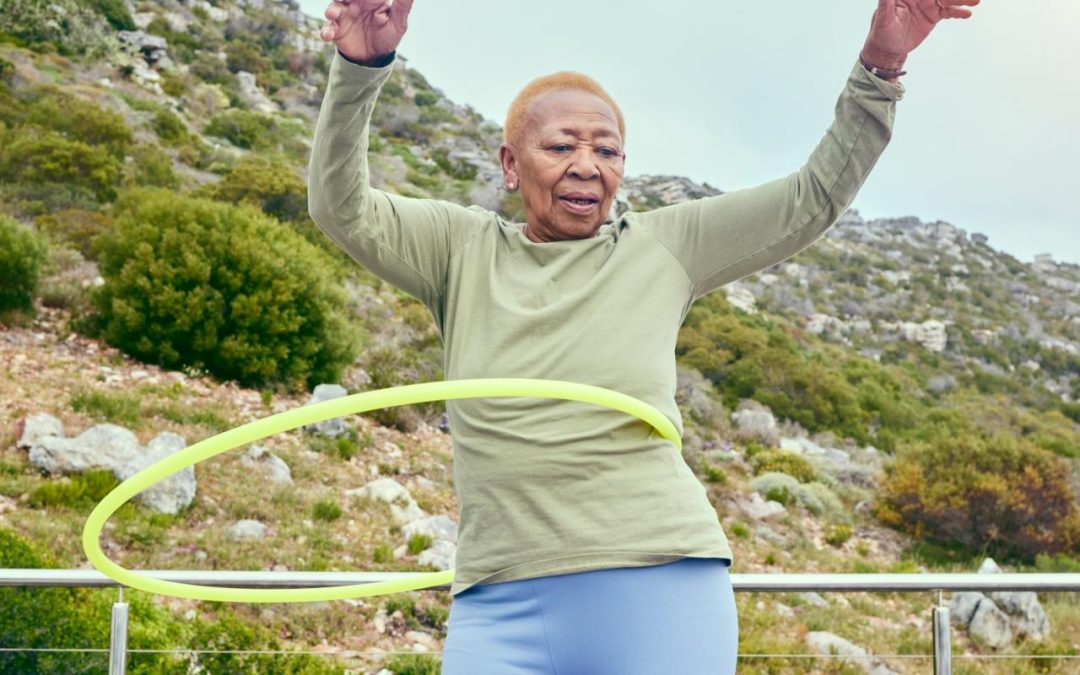
‘Evidence-based programs are a critical part of understanding what works, for whom, and under which circumstances.’
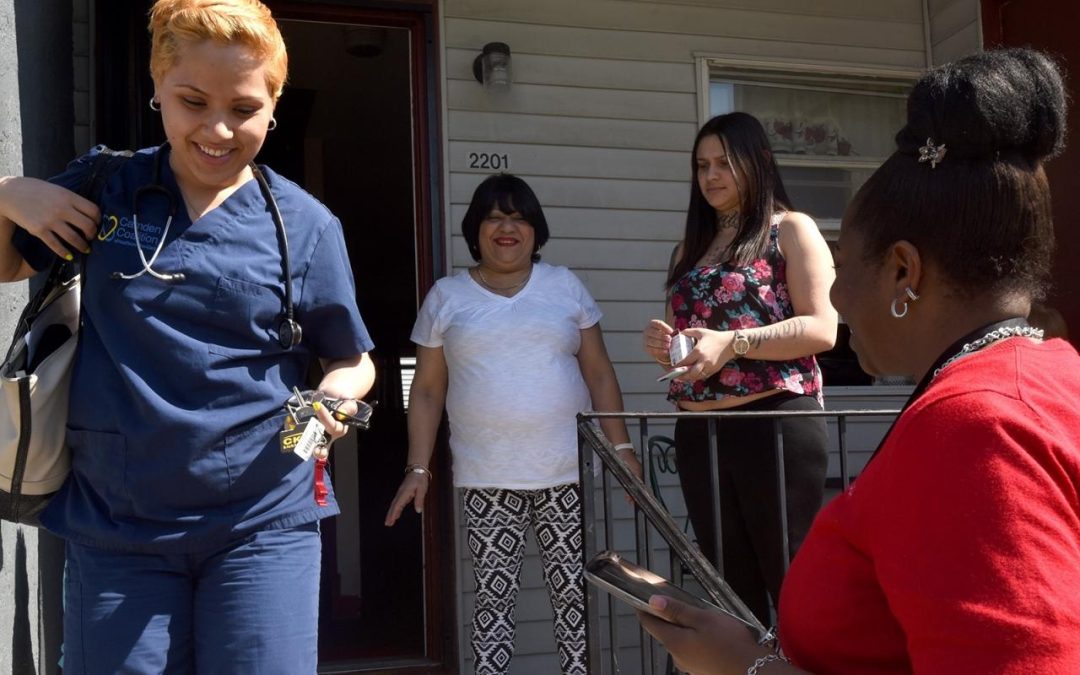
Perspectives gained from collaborative research endeavors.

The roles data and research play in getting elders the care they need, with a spotlight on Medicare Advantage and social care.

The frailty care crisis remains invisible to most people Americans, but collaboration between agencies should draw attention to it and foster interventions.

A primer on the best ways to secure internal resources or grants for research projects.

Detailing two research studies conducted by IPC research teams that explore the effect of the AIMS model on caring for older adults.
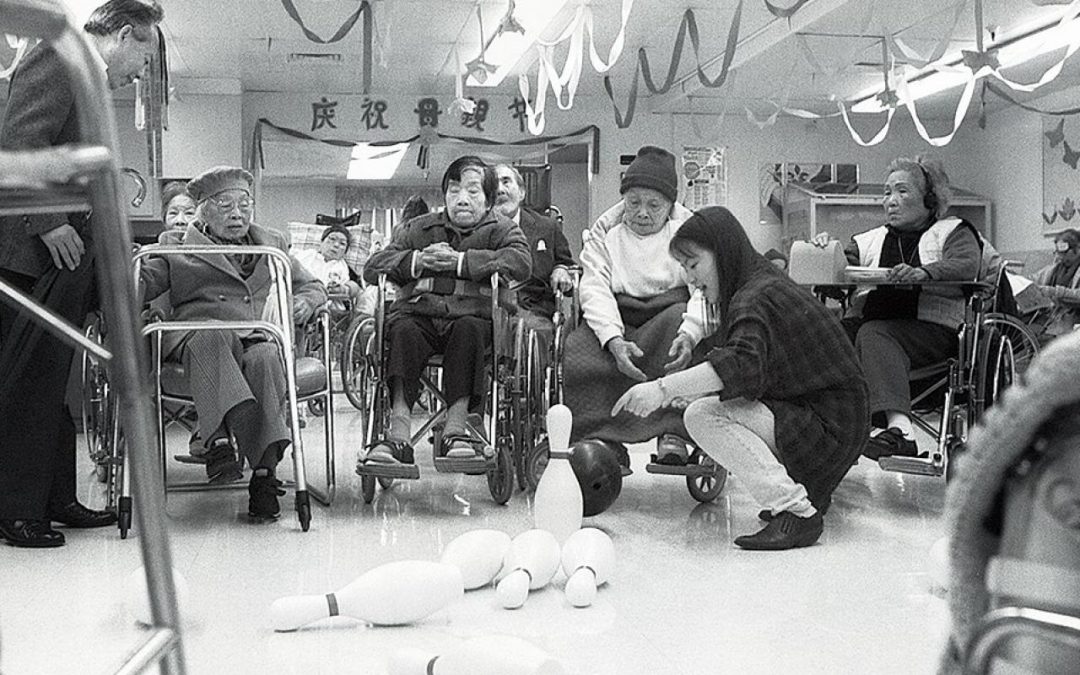
PACE started from local community health professionals’ commitment, led by a social worker turned director and guided by research.

Book explores what it means to die with eyes wide open.

Detailing the path to developing a Social Work Certification in HIV and Aging.

People who are long-term survivors with experience and strategies for aging with HIV are central to this project.

Six top issues that need addressing ASAP in the upcoming OAA authorization.
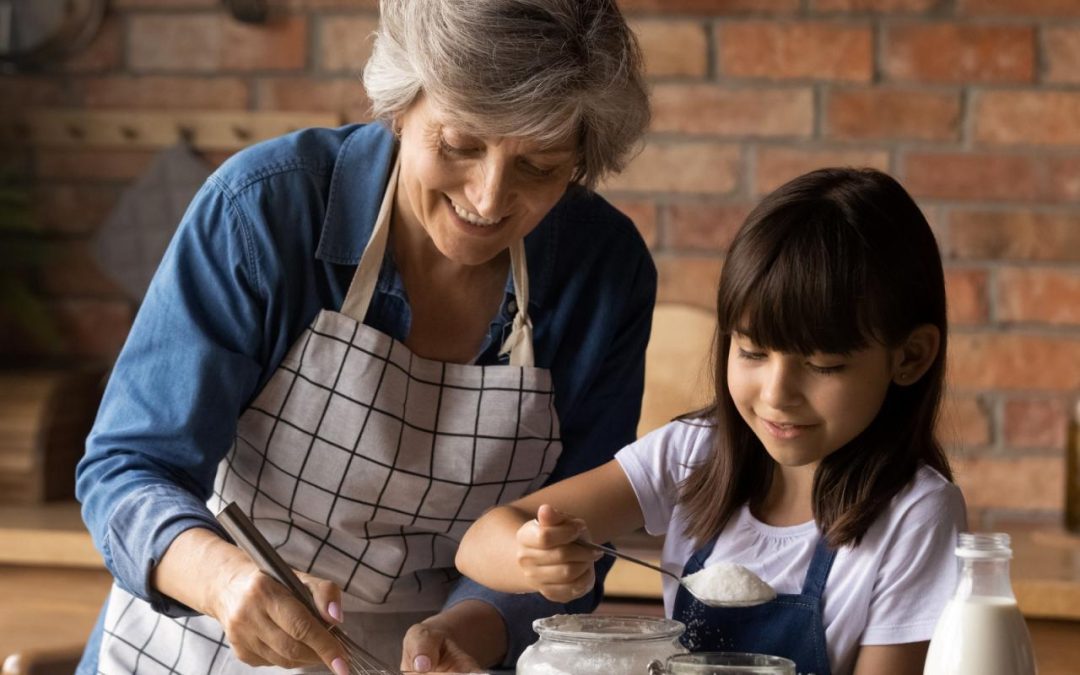
Or how to provide affordable senior housing solutions for middle-income older adults and their evolving preferences and care needs.